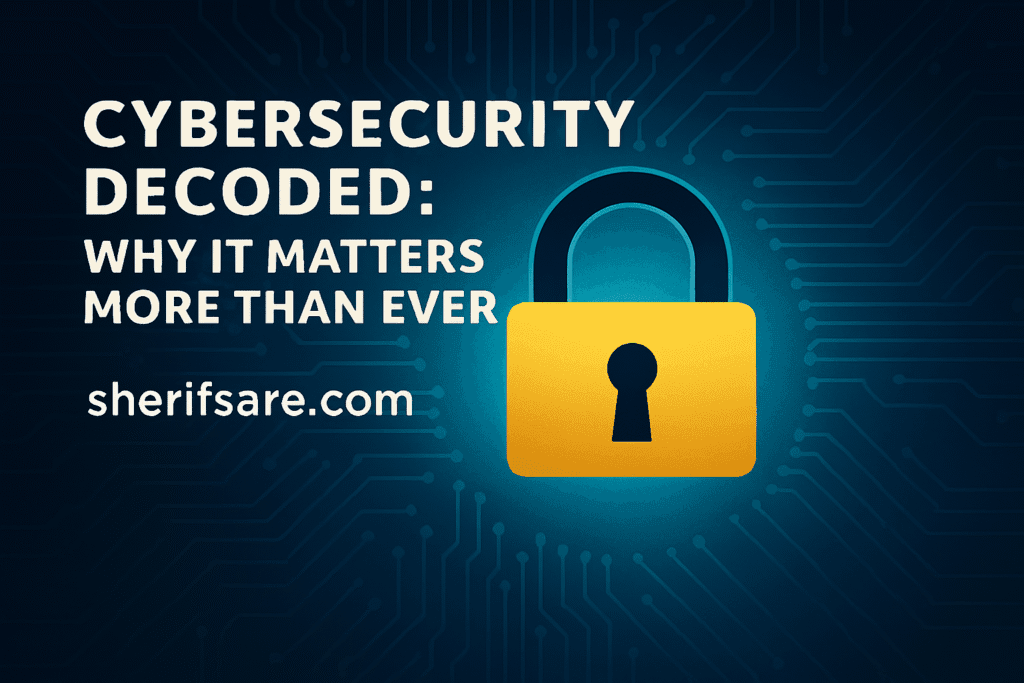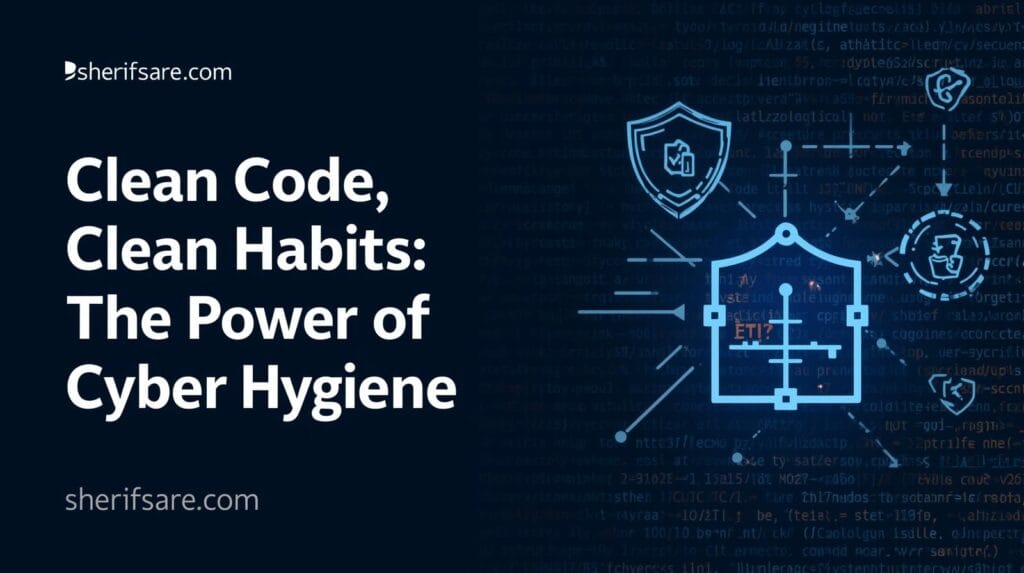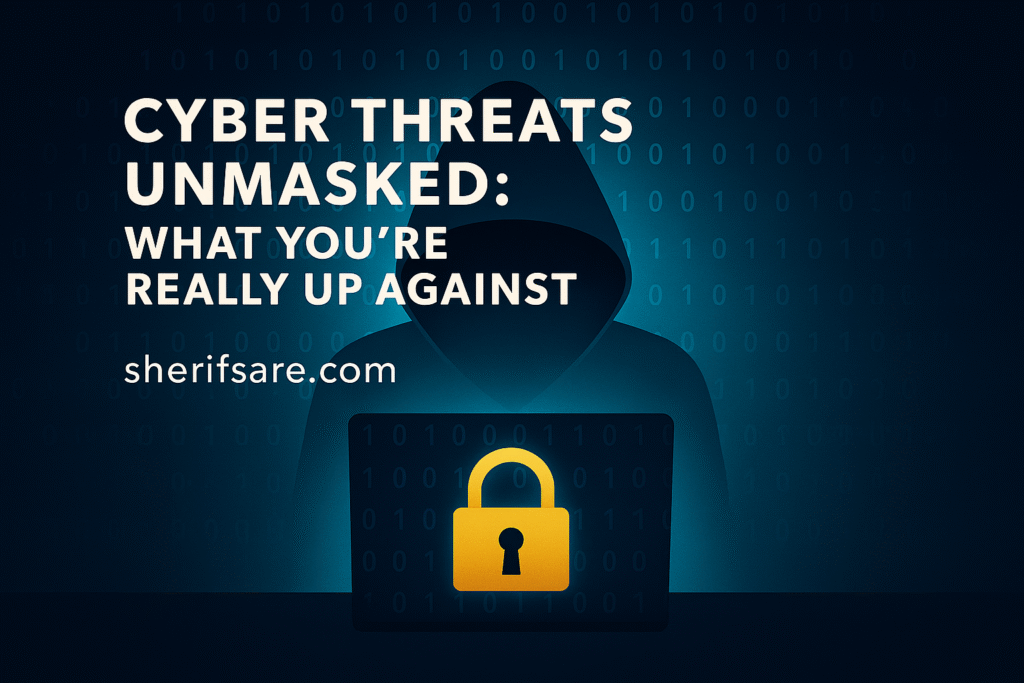In today’s hyperconnected world, cybersecurity isn’t just a tech buzzword; it’s a necessity. Whether you’re a student, entrepreneur, developer, or digital nomad, understanding the basics of cybersecurity is the first step toward protecting your data, your identity, and your future.
What Is Cybersecurity?
Cybersecurity refers to the practice of protecting systems, networks, and programs from digital attacks. These attacks are usually aimed at accessing, changing, or destroying sensitive information, extorting money, or interrupting normal business processes.
Why Should You Care about Cybersecurity?
- Data breaches are becoming more frequent and costly.
- Phishing scams target individuals daily through emails and social media.
- Ransomware attacks can cripple entire organizations.
- Your personal data: from passwords to bank details is always at risk.
Cybersecurity isn’t just for IT professionals. It’s for everyone who uses a smartphone, browses the internet, or stores information online.
Core Concepts to Know
- Authentication: Verifying identity (e.g., passwords, biometrics).
- Encryption: Scrambling data to protect it from unauthorized access.
- Firewalls: Barriers that block unauthorized access to networks.
- Malware: Malicious software like viruses, worms, and trojans.
- Social Engineering: Psychological manipulation to trick users into giving up confidential info.
Real-World Examples
- The 2017 WannaCry ransomware attack affected over 300,000 computers across 150 countries.
- In 2023, phishing scams surged by 61%, targeting remote workers and small businesses.
What You’ll Learn in This Series
This blog series will break down cybersecurity into digestible lessons:
- Cyber Hygiene: Daily habits to stay safe online.
- Common Threats: What to watch out for and how to respond.
- Tools & Tips: Free and paid resources to protect yourself.
- Cybersecurity Careers: Pathways into the field.
- Case Studies: Lessons from real-world breaches.




Gee stuff!⚡
Pingback: The Power of Cyber Hygiene: Clean Code, Clean Habits